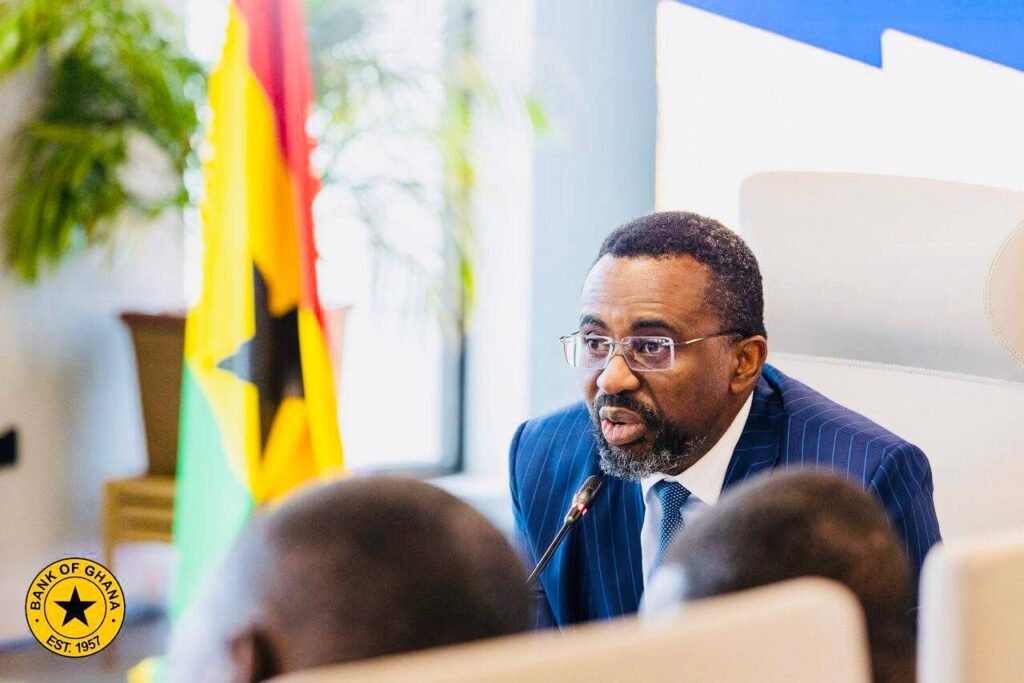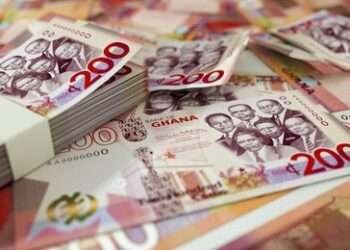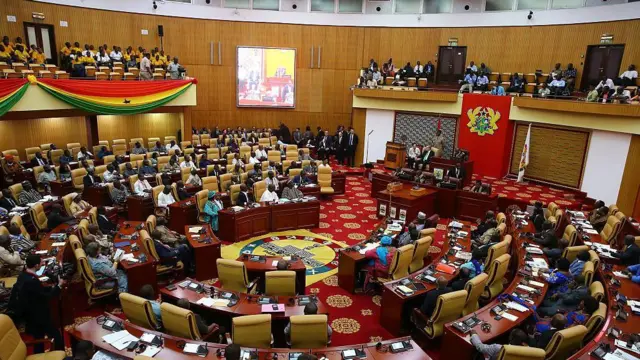The Bank of Ghana’s Monetary Policy Committee (MPC) has lowered the policy rate by 350 basis points to 21.5 percent from 25 percent, signaling a decisive step toward supporting growth as inflationary pressures continue to ease.
Governor of the Bank of Ghana, Dr. Johnson Asiama, announced the decision at the conclusion of the Committee’s 126th meeting on Wednesday, September 17, 2025. He explained that the MPC was confident that Ghana’s inflationary trajectory was on the right path, creating room to ease borrowing costs.
“The view of the Committee was that inflation will continue to ease in the near term.
“In the outlook, headline inflation is expected to drop within the medium-term target of 8 percent, plus or minus 2 percent, by the end of the fourth quarter.”
Dr. Johnson Asiama, Governor of the Bank of Ghana

The Governor noted that the committee’s forecast was supported by disinflationary pressures that have taken hold in recent months, aided by prudent monetary policy, fiscal discipline, and exchange rate stability.
“Given these considerations, the Committee, by a majority decision, voted to lower the Monetary Policy Rate by 350 basis points to 21.5 percent.
“The Committee will continue to monitor macroeconomic developments and take the appropriate policy decision as and when necessary to reinforce the disinflation process.”
Dr. Johnson Asiama, Governor of the Bank of Ghana
Risks from Utility Tariffs

While the central bank struck a confident tone, it also cautioned that risks remain. Dr. Asiama highlighted the potential impact of a possible upward review of utility tariffs, which could inject fresh price pressures in the medium term.
“The possible upward review of utility tariffs could exert some price pressures in the medium term which could impact the inflation rate.”
Dr. Johnson Asiama, Governor of the Bank of Ghana
The Electricity Company of Ghana (ECG), for example, has submitted a proposal to the Public Utilities Regulatory Commission (PURC) for a 225 percent increase in its Distribution Service Charge.
If approved, such an adjustment could temporarily reverse some of the recent gains made in lowering inflation.
Nonetheless, the MPC concluded that the disinflation momentum was strong enough to warrant a rate cut, with the majority of members backing the reduction to 21.5 percent.
Cedi Among the Strongest Globally

Turning to the performance of the local currency, Dr. Asiama reaffirmed the Bank of Ghana’s confidence in the cedi, describing it as one of the strongest performing currencies worldwide this year.
“The cedi remains among the strongest currencies globally, year-to-date.
“This reflects prudent monetary policy, effective liquidity management, fiscal consolidation, and increased foreign exchange inflows.”
Dr. Johnson Asiama, Governor of the Bank of Ghana
He emphasized that the Bank of Ghana was keeping a close watch on currency markets and stood ready to intervene with regulatory measures to safeguard exchange rate stability.
Strong reserves and sound macroeconomic management, he said, continue to anchor confidence in the cedi.
The reduction in the policy rate comes at a time when businesses have been calling for relief from high borrowing costs.
For now, the MPC’s decision underscores confidence in Ghana’s economic direction. With inflation set to fall within its target band and the cedi maintaining its strength, the central bank appears optimistic that its policy mix of monetary discipline and fiscal consolidation is delivering the desired results.
“The disinflation process remains on track, and we will act decisively to protect the gains achieved while supporting conditions for growth.”
Dr. Johnson Asiama, Governor of the Bank of Ghana
As Ghana navigates the remainder of 2025, the policy rate cut signals a shift toward balancing price stability with stimulating broader economic expansion a move that could provide much-needed relief for households, businesses, and investors alike.
READ ALSO: Market Cheers as Ghana’s Treasury Auction Breaks Four-Week Drought with 15.8% Oversubscription





















